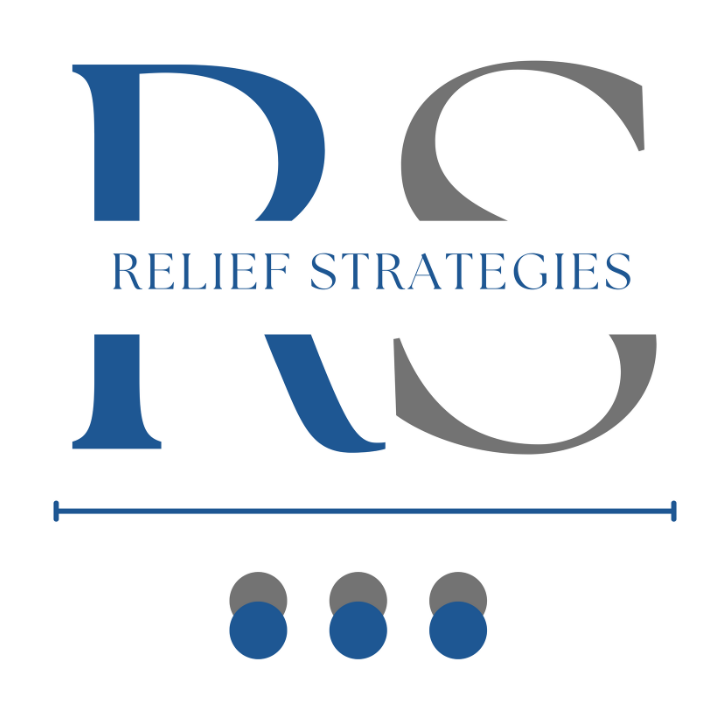Listen to the audio version of this article:
When financial challenges arise, finding a path to relief can feel overwhelming. Two commonly discussed solutions are debt settlement and consumer credit counseling. While both aim to help alleviate financial distress, they differ significantly in their processes, benefits, and long-term impacts. In this article, we will explore these two methods to help you understand the right option for your financial situation.
Overview of Debt Settlement
Debt settlement is designed for individuals looking to negotiate a reduction in the total debt owed. This method typically involves working with a debt settlement company to communicate directly with creditors, seeking an agreement that allows you to pay a lump sum that is less than what you originally owed.
Process of Debt Settlement
The debt settlement process typically involves:
- Assessment: Evaluating the debtor’s financial situation, including income, debt, and payment ability.
- Negotiation: Working with creditors to agree on a reduced payment.
- Settlement Completion: Once the agreed payment is made, the debt is marked as “settled” on your credit report.
Debt settlement can be effective in reducing debt and providing fast relief, especially for individuals on the brink of bankruptcy. However, it’s not without risks, including potential damage to your credit score and possible tax liabilities on the forgiven debt.
Overview of Consumer Credit Counseling
Consumer credit counseling, on the other hand, focuses on education and creating structured debt management plans (DMPs). These plans aim to make your debt more manageable by negotiating lower interest rates or waiving late fees while still requiring full repayment of the principal amount owed.
How Consumer Credit Counseling Works
- Initial Consultation: The process starts with a personalized consultation to review your financial status. This initial consultation is usually free.
- Debt Management Plans (DMPs): These plans consolidate debts into a single monthly payment with reduced interest rates.
Consumer credit counseling can be a suitable option for those who can afford to make monthly payments but need some help reducing their interest rates or simplifying their debt into one manageable payment. It helps consumers avoid bankruptcy and learn sustainable financial habits.
Key Differences
- Suitability: Debt settlement is best for those facing severe financial hardship and unlikely to pay their full debt, while credit counseling works for individuals who can continue to make monthly payments with some adjustments.
- Credit Impact: Debt settlement can harm your credit score since debts are marked as “settled” instead of “paid in full.” In contrast, credit counseling typically has a neutral effect on your credit score.
- Process and Duration: Debt settlement can provide relief faster but may require stopping payments initially, which impacts credit. Consumer credit counseling, while taking longer, focuses on financial stability and continuous payments.
Similarities
Despite their differences, both methods aim to help consumers manage and resolve their debt. They also provide professional guidance to navigate financial challenges and emphasize long-term financial health.
Considerations for Consumers
Upfront Fees and Risks: When considering debt settlement, it’s crucial to be aware of potential upfront fees, which could indicate a scam. Legitimate companies usually use third-party escrow accounts, only receiving payment after services are provided. Credit counseling, on the other hand, often starts with a free consultation.
Long-Term Credit Impact: Debt settlement may initially lower your credit score significantly, while credit counseling aims to improve your financial health gradually.
Long-Term Implications
Debt settlement provides the potential for substantial debt relief but may complicate future borrowing due to its effect on your credit score. In contrast, consumer credit counseling focuses on educating consumers to make better financial decisions and maintain consistent payments, improving future credit opportunities.
Which Option is Right for You?
The decision between debt settlement and consumer credit counseling depends largely on your financial situation and goals. Debt settlement can reduce the total debt owed but may impact your credit score. Credit counseling helps make payments manageable without reducing the principal, emphasizing stability. Understanding these methods will empower you to choose the best path for your financial recovery.
For More In-Depth Information
To explore these debt relief options in greater detail—including their pros, cons, and practical steps—download our comprehensive white paper titled “What’s the Difference Between Debt Settlement and Consumer Credit Counseling” This guide offers valuable insights to help you navigate your debt relief journey effectively.
🎧 Prefer to listen? Access our podcast-like version of this white paper below for an in-depth discussion. Take it on the go or listen now for a richer understanding of each option.
Ready to take control of your financial future? Connect with Relief Strategies Schedule a Free Consultation. Visit our website or send us a message to find the best path to financial freedom.
Best regards,
James Farias
CEO of Relief Strategies, LLC
About the Author
James Farias is the CEO of Relief Strategies, LLC, a leading firm dedicated to helping individuals achieve financial freedom through effective debt relief solutions. With over 30 years of business management experience and a passion for empowering others, James has guided countless clients through their journey to reduce debt and regain control of their finances.
Recognizing how quickly debt can overwhelm even the most financially disciplined individuals, James focuses on strategies that reduce monthly payments, minimize financial stress, and unlock new opportunities. His mission is to help clients move past financial challenges and embrace a brighter future.
Connect with James on LinkedIn or visit Relief Strategies to learn more about how he and his team can assist you on your journey to financial freedom.

